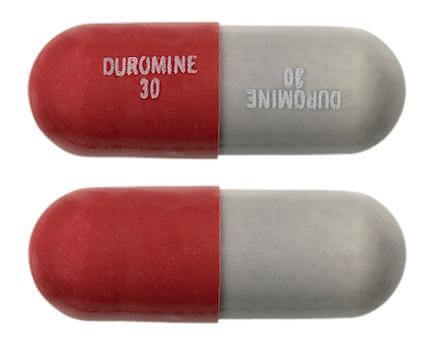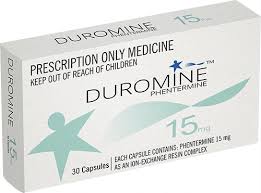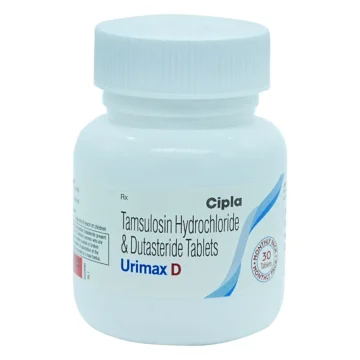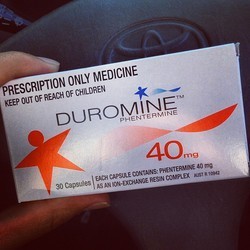- You have no items in your shopping cart
- Continue Shopping

Dexedrine, Dexedrine is a brand name for dextroamphetamine, a prescription medication classified as a central nervous system (CNS) stimulant. It is widely used to manage certain medical conditions, particularly attention-deficit hyperactivity disorder (ADHD) and narcolepsy. While effective for many, Dexedrine also carries potential risks and side effects, making it crucial to understand its uses and implications fully.
What is Dexedrine?
Dexedrine contains dextroamphetamine sulfate, a stimulant that affects chemicals in the brain and nerves that contribute to hyperactivity and impulse control. By enhancing the activity of neurotransmitters like dopamine and norepinephrine, Dexedrine helps improve focus, attention, and alertness.
Common Uses of Dexedrine
- ADHD Treatment
Dexedrine is commonly prescribed to individuals diagnosed with ADHD. It helps improve concentration, reduce impulsive behaviors, and enhance task completion in both children and adults. Its efficacy has been supported by numerous clinical studies. - Narcolepsy Management
For people with narcolepsy, Dexedrine can help combat excessive daytime sleepiness by promoting wakefulness. This condition can significantly impact daily life, and Dexedrine offers a way to maintain a more regular sleep-wake cycle.
Benefits of Dexedrine
- Improved Focus and Concentration: Dexedrine is particularly effective in enhancing cognitive functions in individuals with ADHD.
- Energy Boost: By stimulating the CNS, it provides increased energy and alertness, especially beneficial for narcolepsy patients.
- Better Task Management: Many users report being able to manage tasks more effectively due to improved attention spans.
Potential Side Effects
Despite its benefits, Dexedrine has a range of side effects, including:
- Physical Symptoms: Insomnia, loss of appetite, dry mouth, and increased heart rate.
- Mental Health Effects: Anxiety, irritability, or mood swings.
- Dependence Risk: As a stimulant, Dexedrine carries a risk of dependency, particularly when misused or taken without medical supervision.
Precautions and Safety
- Prescription Use Only: Dexedrine should only be used under the supervision of a licensed healthcare provider. Misuse can lead to serious health issues, including addiction and cardiovascular problems.
- Avoid Combining with Certain Substances: Alcohol and other CNS stimulants can interact negatively with Dexedrine.
- Monitor for Side Effects: Regular check-ins with your doctor are essential to ensure the medication remains safe and effective.
Alternatives to Dexedrine
For individuals who cannot tolerate Dexedrine or wish to explore other options, there are alternative medications like Adderall, Ritalin, or non-stimulant treatments such as Strattera. Behavioral therapy and lifestyle changes can also complement or replace pharmacological treatments.
Conclusion
Dexedrine is a powerful tool for managing ADHD and narcolepsy, offering significant improvements in quality of life for many individuals. However, it is not without risks. Proper medical guidance, adherence to prescribed dosages, and regular monitoring are crucial to ensure its safe and effective use. Always consult your healthcare provider to determine if Dexedrine is the right choice for you.
You Might Also Like These:




